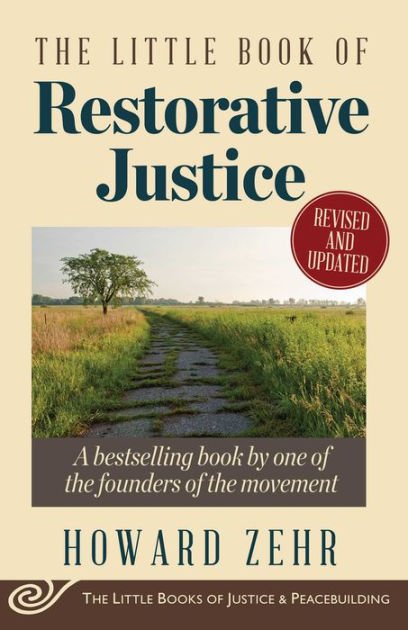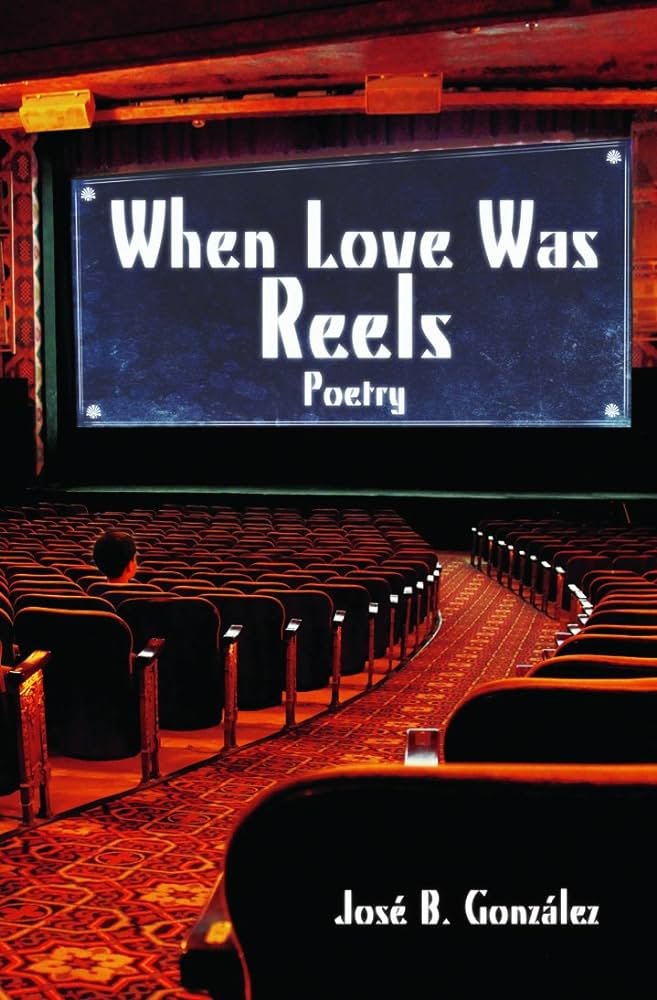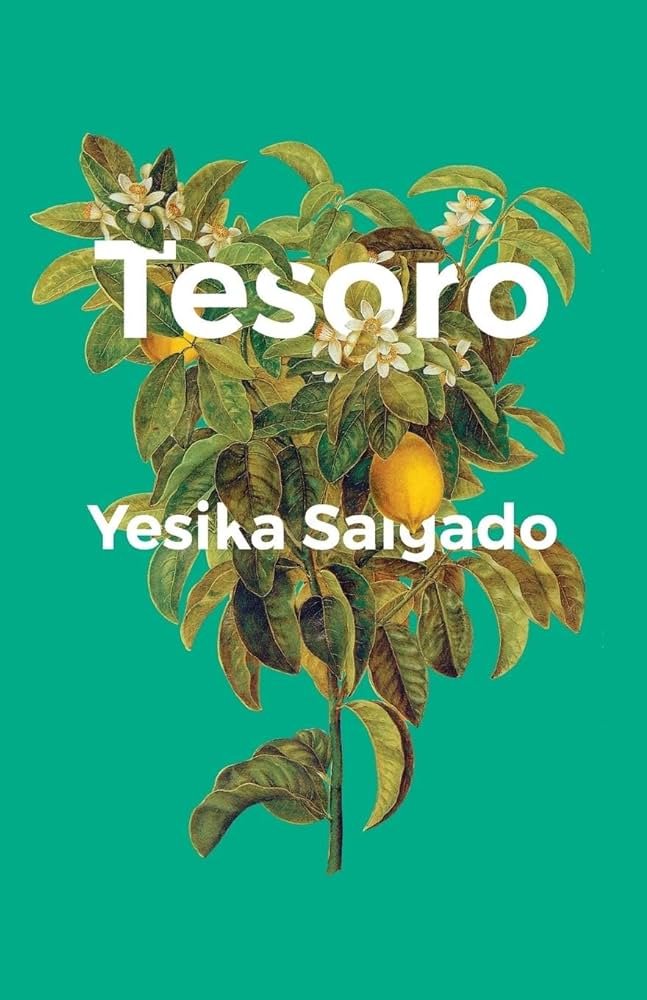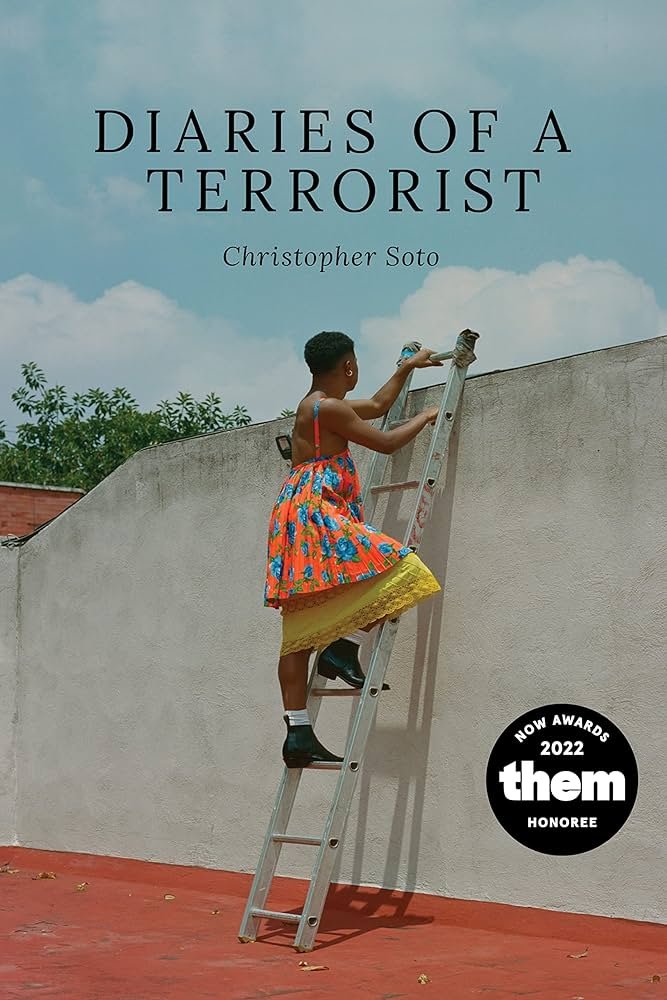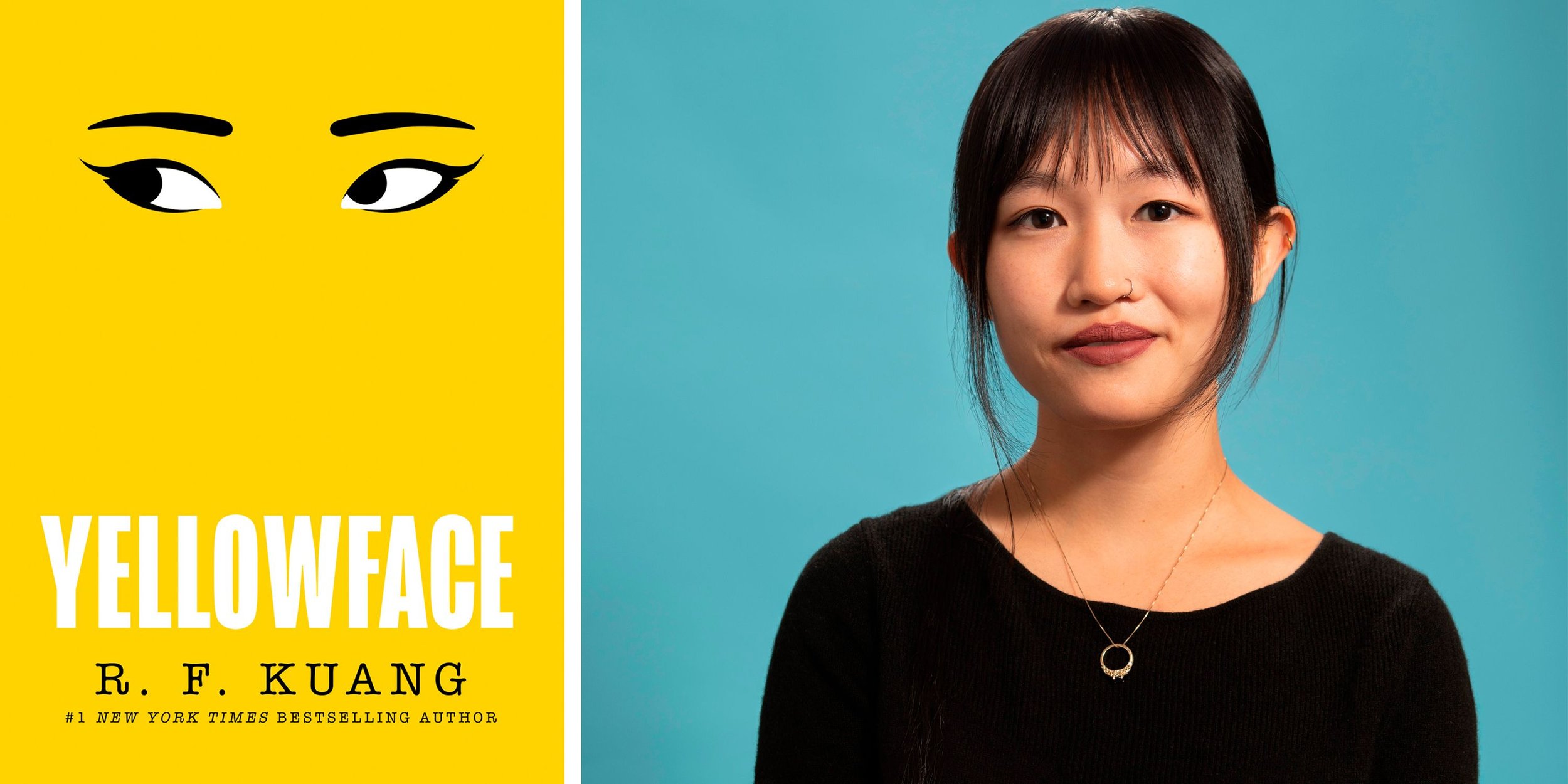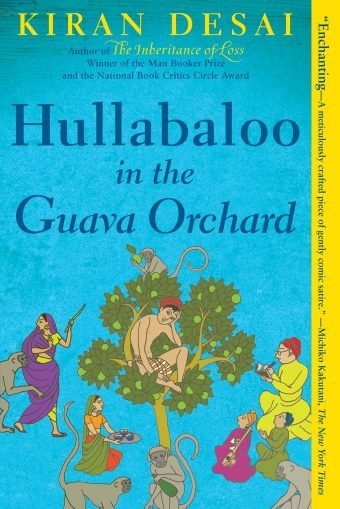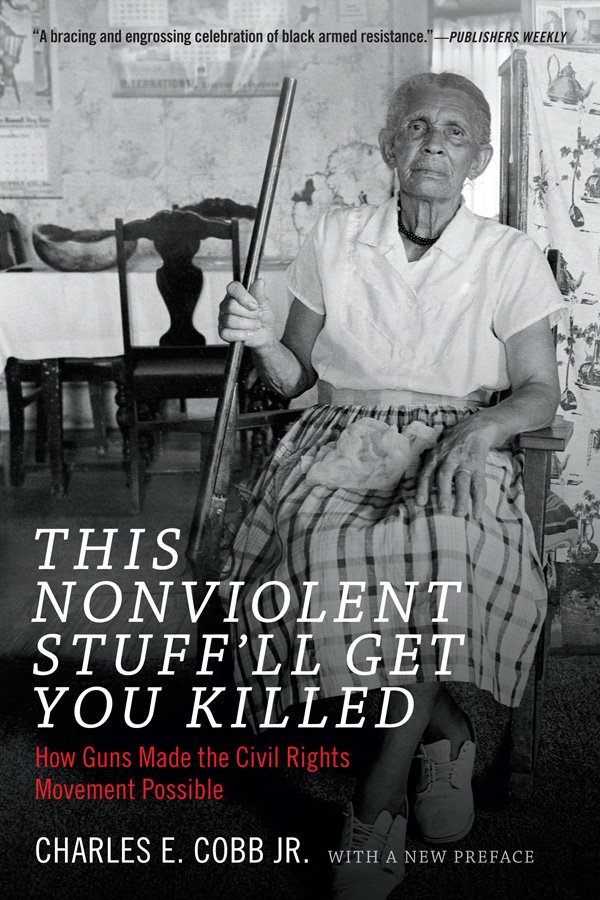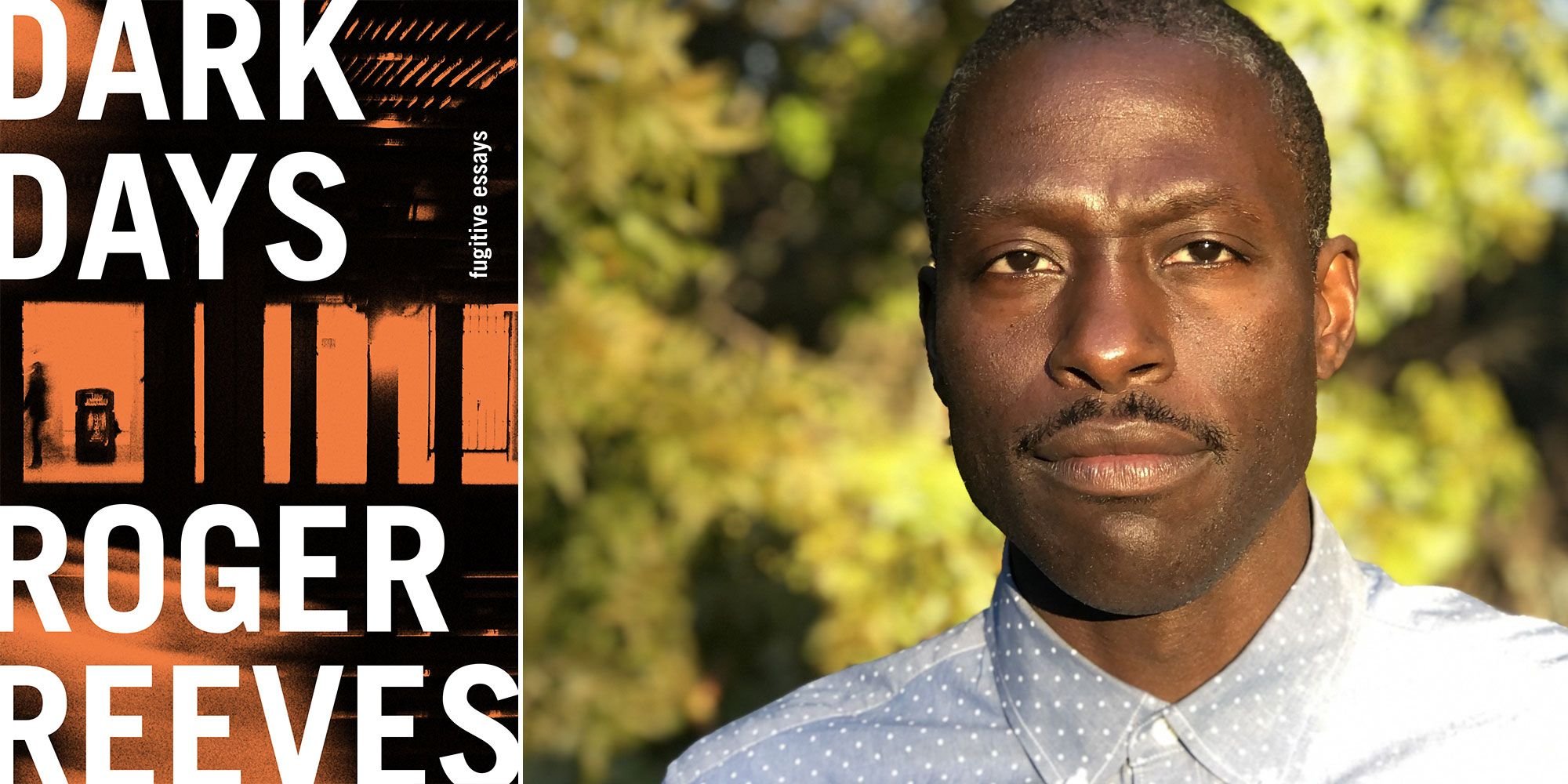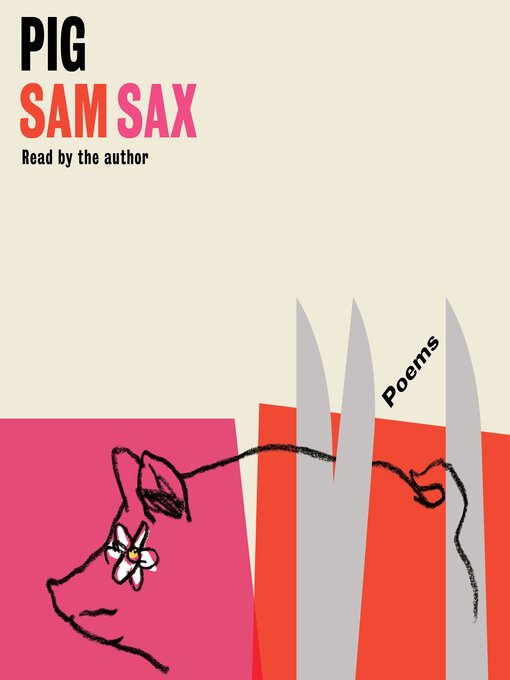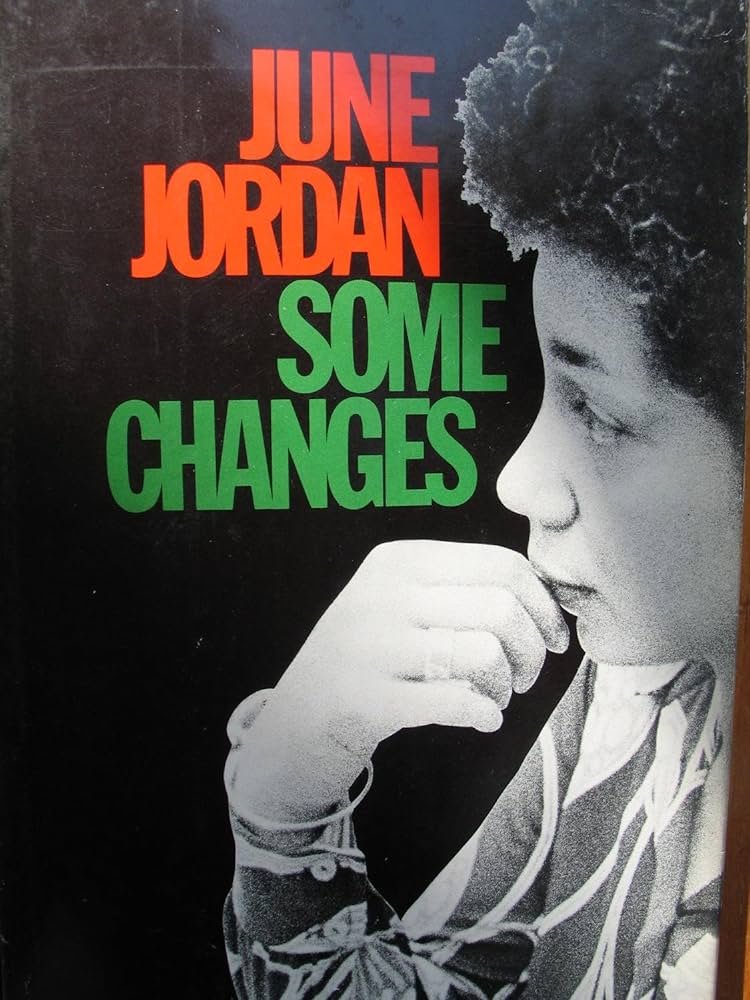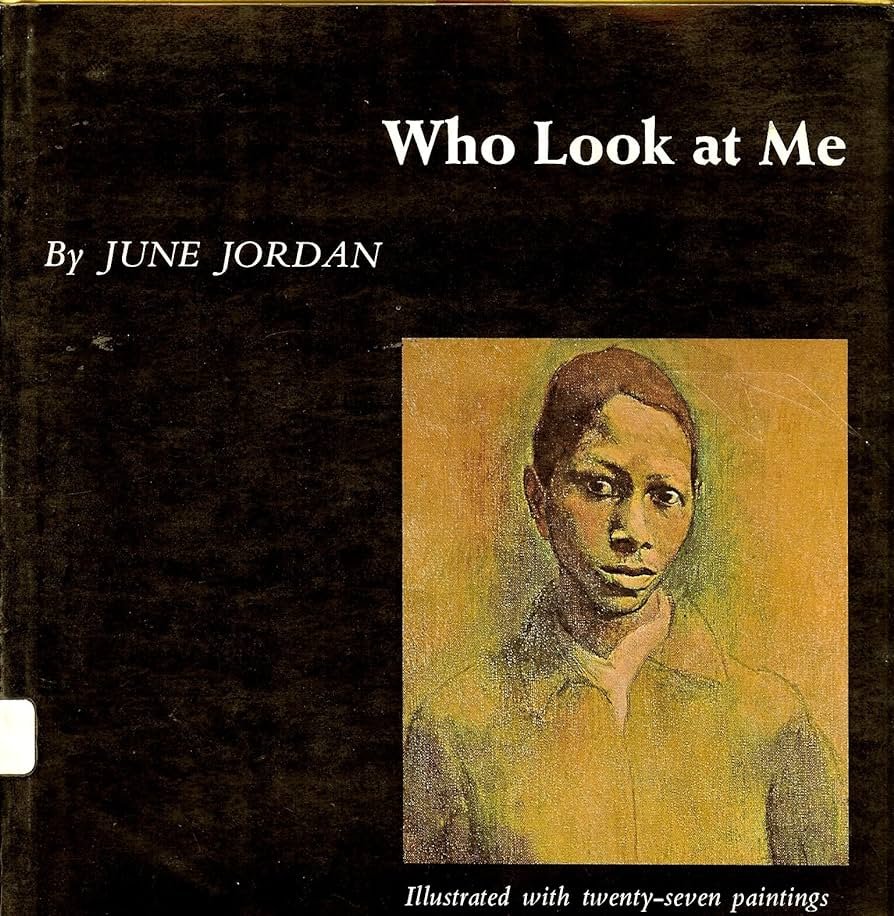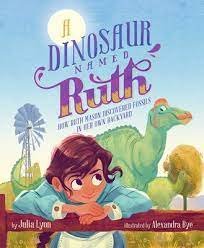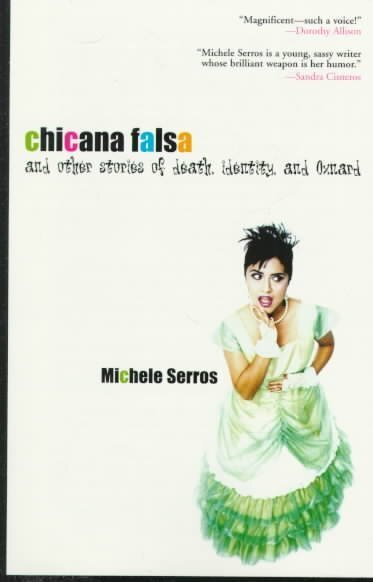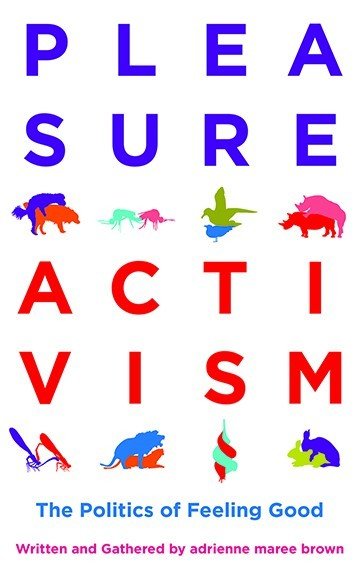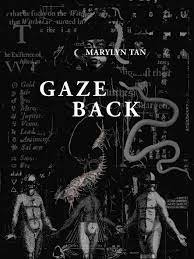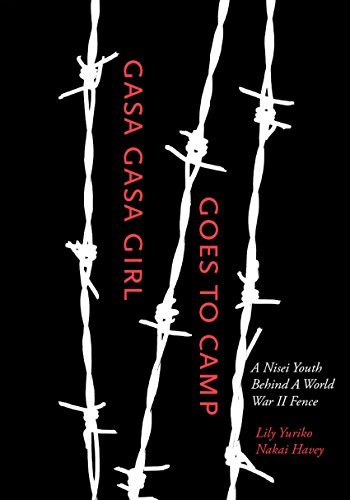West is a gorgeous tour-de-force interrogating the history and legacy of the American railroad as a fraught symbol of nationality for the US empire. Reading either the poetry collection, published by Copper Canyon, or its accompanying website alone does not suffice, as they complete one another in useful ways. Ideally, these projects are read in conversation in my opinion, and I hope the NBA readers reviewed both thoroughly before longlisting the project. The project as a whole bases itself one of the two poems a Chinese migrant left on the walls of his cell on Ellis Island before dying by suicide.
On the website, readers are greeted by a transcription of the poem in Chinese characters. If you hover over the characters, you are greeted by a literal translation of the character into English and a poem written by Rekdal inspired by the character. The poems include a range of voices from that of political leaders, such as Presidents, Brigham Young, and union leaders, to that of the workers and the passengers of the railroad, including “What Day,” a tender poem in the voice of a queer Chinese worker and “Vainly,” which borrows language from manuals of etiquette and politeness for women. On the website, its muted black and red tones give the project a sense of mysticism. Poetry as a medium contributes to this sense of mystery, because even in a poem written in straightforward language, its form and context creates a trapdoor that absconds the reader into the mysteries of history. Perhaps a simpleton or an orientalist reader would be tempted to believe the website gives them access to a concrete and uncontested history, but even if so, the sheer range of voices here would create such a cacophony in the heads of the readers, I doubt they could keep such a simplistic reading straight in their heads. The website especially thrives on the auditory and visual elements of the short video poems, where Rekdal reads the poems to a backdrop of photographs, paintings, landscapes, and film from the era and relevant regions. Rekdal is an impressive performer, taking on her subjects’ voices with a presence that animated and emphasized aspects of the poems that were less exciting for me on the page. Perhaps this is a shortcoming on my part as a reader for not knowing or caring to animate the text with my own flesh and tongue, but the strength of the visual and auditory components of the website is that whatever shortcomings I may have as a reader are kicked to the side as I’m forced to grapple with the vibration of a poem spoken aloud with all the girth and tension of its human emotion and knowledge. Nowhere is the power of this effect more clear than in the performance of “This.” On the page, the line “this is the sound of a train” merely repeats itself over and over until the text overlaps itself repeatedly. Visually, this can be interesting on the page, but not terribly so. If the reader fails to read the poem aloud, they might miss the point entirely. Your voice reading the poem--that is the sound of a train. The reader, especially if they are situated in the US, especially if they, like me, have spent substantial time in the American West, are the outcome of this great wave of history. On the website, the poem is read aloud by the descendents of the Chinese railroad workers.They are the consequence of the railroad and they too are the sound of a train. What I love most about the website is its embedded pedagogical usefulness. The video poems with their archival imagery and Rekdal’s intonation will likely help students parse difficult history, material, and poetic form. It can teach students how to angle their way into poems and how to creatively imagine history. This is an invaluable teaching tool. The website ends with a translation of the original Chinese poem left on the wall.
Now onto the book incarnation of this project. It is split into two sections. The first half of the collection includes all of the poems on the website. The second half includes prose poems or essayistic meditations on the same Chinese characters, sometimes providing additional context for the poems but not in a boring scholarly footnote sort of way. Rather, these essays wring the material anxiously in their hands. Here, you can sense Rekdal’s eye tracing primary sources and wrestling with the muck of history, the weight of trying to depict a convoluted moment of our nation and empire’s growth. The bewitching power of the website with all its music, audio engineering, and video work cannot overwhelm the reader here in the sublime of the moment. Instead, the bare voices gather one on top of the other and the impossibility of the project becomes more apparent in the process. What voices are included and why? What personally motivates Rekdal to tell these histories? As I’m in a particularly zealous moment of my own study of history through Marxist perspectives, I wrestled with the question of who Rekdal’s project would serve. Was it ultimately still a statist project supporting some sense of the region’s nationalism and appropriating these voices in service of an American identity?
These are difficult questions. While I’m not sure I landed on a clear answer, I want to congratulate Rekdal on her political slyness here. As poet laureate, she was given the task to write a statist poem commemorating the 150th anniversary of the transcontinental railroad with the additional awkwardness of the implicit or perhaps even explicit--hey, you got some Chinese blood, why don’t you write something that celebrates the Chinese in particular, yeah? What she gave them was something much more beautiful and complex. Where a more cowardly or simple poet may have given them an elegant enough poem celebrating the marginalized subject and supposing to “give voice to the voiceless,” Rekdal delivers a polyvocal contradictory project that appropriates the voices of white supremacists, governmental forms, etiquette manuals, as well as attempting to voice or describe the condition of orphans, minoritized groups, and more. Doing so lays the mores of the era and the racist scaffolding of the US empire bare; however, she does this in a way that clinches so tightly to primary historical sources that it would be hard to fault Rekdal as politically biased. The project maintains its air of objectivity through its overwhelming cacophony of voices. Simply put, Rekdal makes it impossible to view the railroad, and thereby the US empire, in a flattened simplistic way typical of these projects. While a reader (read: I) might be dissatisfied that Rekdal isn’t angry or critical enough at moments or doesn’t find a way to incorporate yet another marginalized voice forgotten in the silences of the archive, Rekdal is also dodging bullets in a state that wouldn’t hesitate to cut her poet laureate funding or ban her book. How effective is the project as a pedagogical tool? Is it reaching younger audiences and providing nuance to how they might view these moments of US history? Perhaps those are more apt questions that are beyond the scope of a book review. The fact Rekdal is now leading the American West Center as director suggests that this project at least succeeded in providing her with a leg into this position. In this role, she might effectively apply the same critical eye or diversify what is represented by the Center and Utah at large. There’s few scholars in Utah I’d trust more in this role.
To her credit, Rekdal lays her cards out pretty bare in the essay “Homeward Facing,” where she writes: “The work of the railroad is the work of empire, and for America to rise again and again, it must reinvest in its fantasy of itself as renewable, progressive, flexible. We are all servants of empire one way or another; I do not exclude myself in this. The extravagance of this poem I have produced reveals that I, too, am empire’s scribe. That in my attempt to critique the achievement I have also celebrated it; that it would be dishonest not to celebrate what inspires, at its root, a kind of wonder. For if I do not choose, also, to commemoration, do I further erase the workers? I refuse to abandon all fantasies of my nation.” (bold emphasis mine) I had an immediate repulsion to the portion in bold. I just think Rekdal is flatout wrong here. This is a rather extreme example, but I would point to the atomic bomb as a clear example of something that inspires great wonder, awe, and terror that there’s good reason not to celebrate. Given the latest Oppenheimer craze at the box office, it’s likely that US nationalism is dead set on seducing us with the romance of her technological advancements, regardless of their consequences, the unnamed dead they pile on. There’s a way of respecting your enemy, feeling the sublime of their achievements, without celebrating them. During the first year of her graduate studies in the environmental humanities program, my ex once talked to me about the sublime she felt looking into Kennecot’s Copper mine. This was not the sublime of celebration. The workers’ subjectivities do not hinge on celebrating the railroad. It hinges on finding ways of representing their subjectivities as faithfully as possible, as fraught of a project as that is. I agree with Rekdal that we’re all servants of the empire. Living and working in the US means having your tax dollars, your economic interests, and the labor you need to survive tied to US power structures. Unlike Rekdal, perhaps, and like June Jordan, I aspire to be a menace to my enemies and I do consider the United States, simply put, my enemy. The fantasies of the US have betrayed me and mine far too consistently and for too long for me to be otherwise.
Lastly, I want to draw attention to the last essay-poem in the collection “Translation” because I think it is of interest to anyone who identifies as a part of a diaspora or for anyone whose family is in the process of losing a heritage language. Here, we find Rekdal being transparent and vulnerable about the potential shortcomings of her project and her relationships to the work. I don’t take issue with most of Rekdal’s methodology for the project, because mostly, I’m just in awe of the intense energy, dedication, and care she took in bringing these voices together in a website and book. Rekdal’s attention and hustle justifies and protects her work to a certain extent because it’s undeniable that Rekdal pulled off a difficult project with more grace and nuance than many could’ve mustered. I cannot imagine someone else doing much better. There are a couple of lines however that are touching in their painful ellisions: “I do not know Chinese. And since so few people in my family speak it, I know I will never learn. My family’s loss of language means my own exclusion from their past. Does this matter?” Here, we see a biracial poet and scholar grapple with the loss of their heritage language and what it means for her positionality in this larger project and relationship to her own history. Moments of tension like these abound throughout West with gorgeous poems like “Heart” and the wince in “Body.” In this particular citation, I wanted to gently unwind two points 1) The loss of a language, while driven by a complex of social factors, is still a choice. There is a world where Rekdal learns fluent Chinese, where I am a better speaker of Spanish and even learn nawat, where indigenous comrades do not surrender their native tongues and 2) To a certain extent, we are all excluded from familial past. Language is only one barrier. Unmarked graves, burned libraries, limited archives, gentrification, the death of elders in our communities are other material barriers. So much of our work as historians or storytellers is an attempt at ethical trespass. I mention these things because as diasporic people, we have a choice about how much we struggle to regain our non-American selves. The work of reaching back is inherently messy, but worthwhile. The whole Xicano movement is a case-in-point of how fruitful, ugly, useful, and difficult such a process can be. I don’t hold any judgment for Rekdal for how she’s navigated her biracial identity and I’m mostly moved and touched by her vulnerability and openness about it in her work. I’m bringing this up because I’m passionate about the necessity of reaching back, and as a whole, I’d argue West reaches back remarkably well, allowing us as readers, as Utahans, as Westerners, to see some of the histories erased in K-12 curricula, these histories that allow to better contend with who we are and who we have been and better imagine who we may become. 4.75/5 Hats off to Rekdal.
